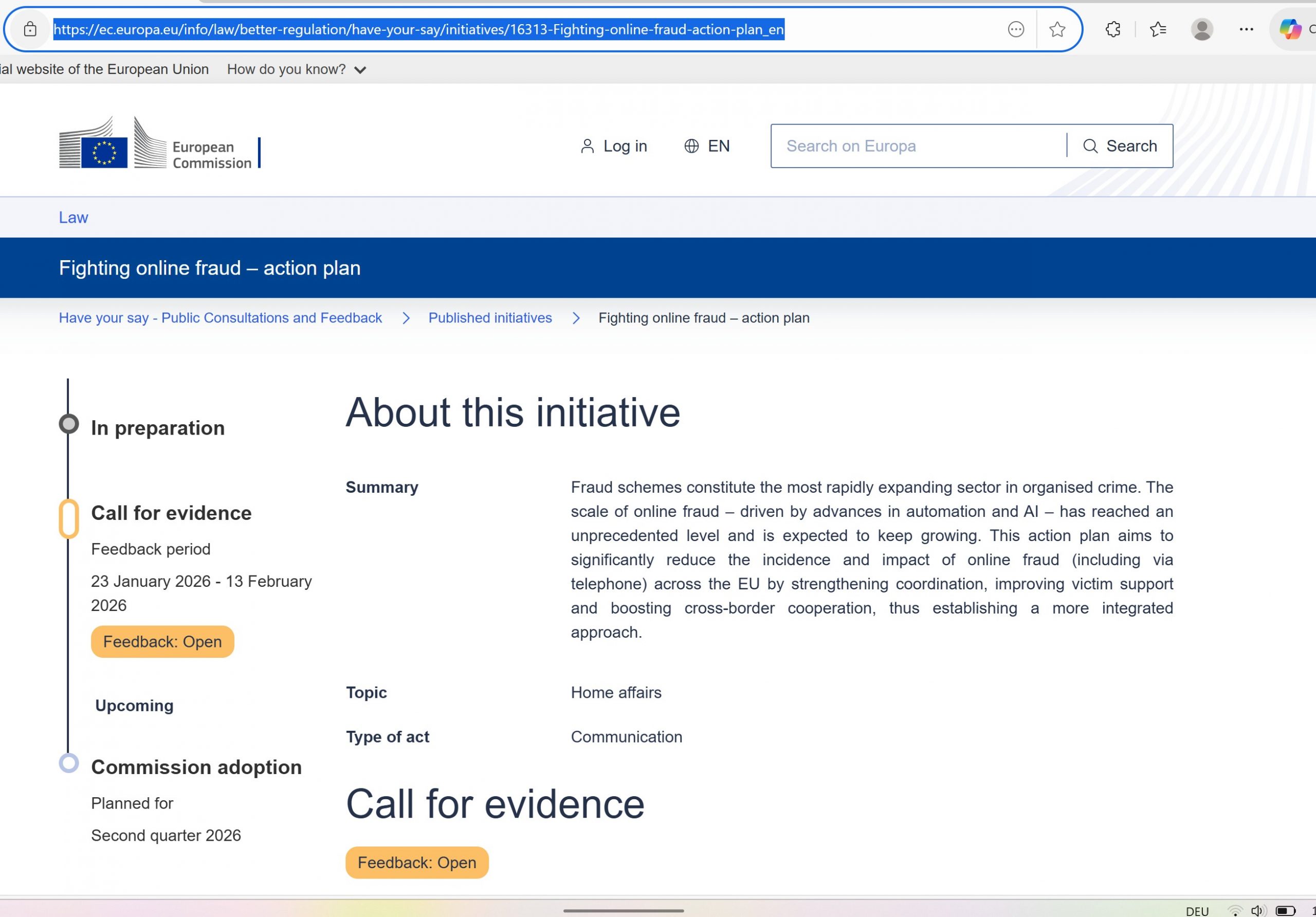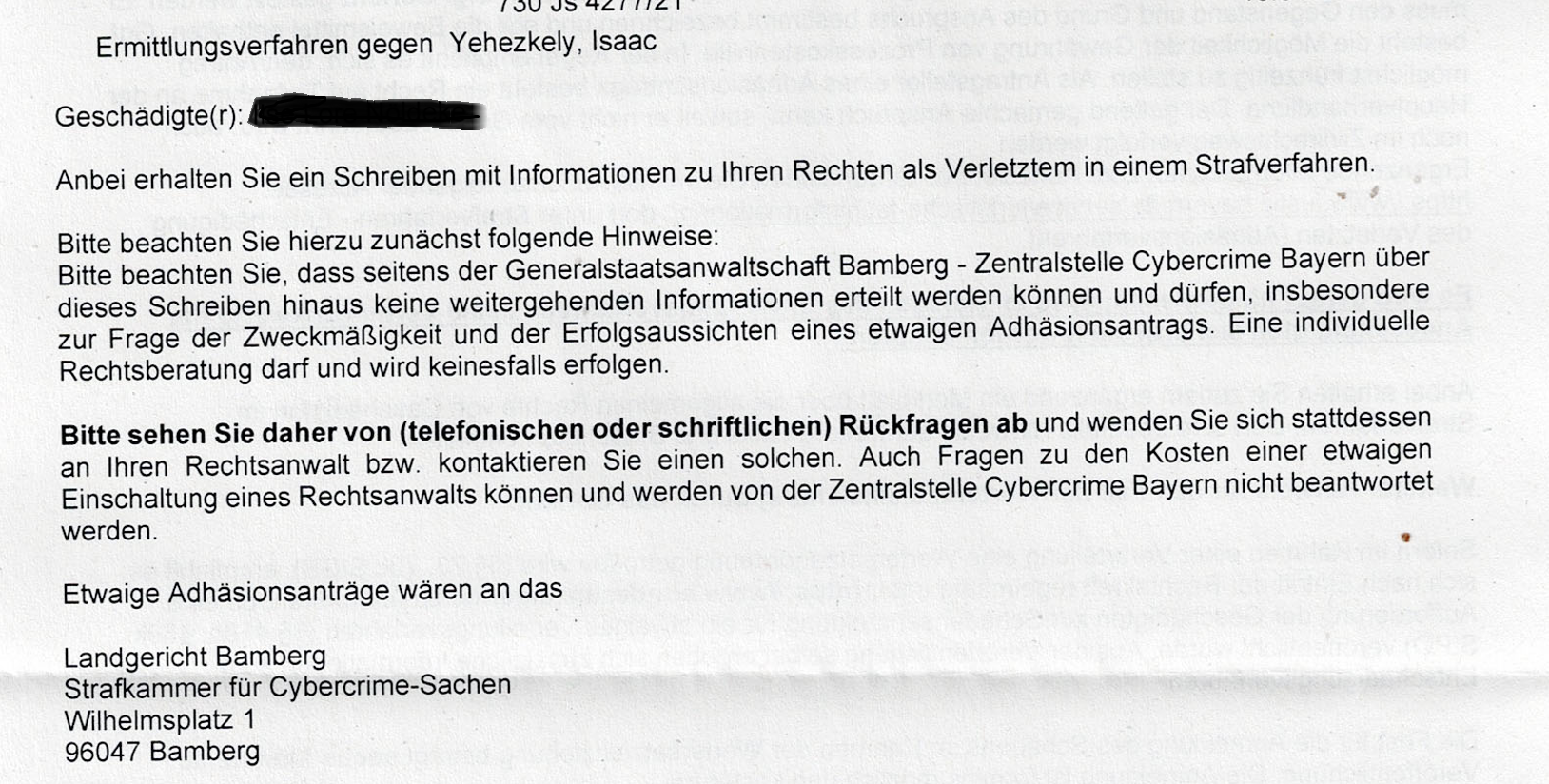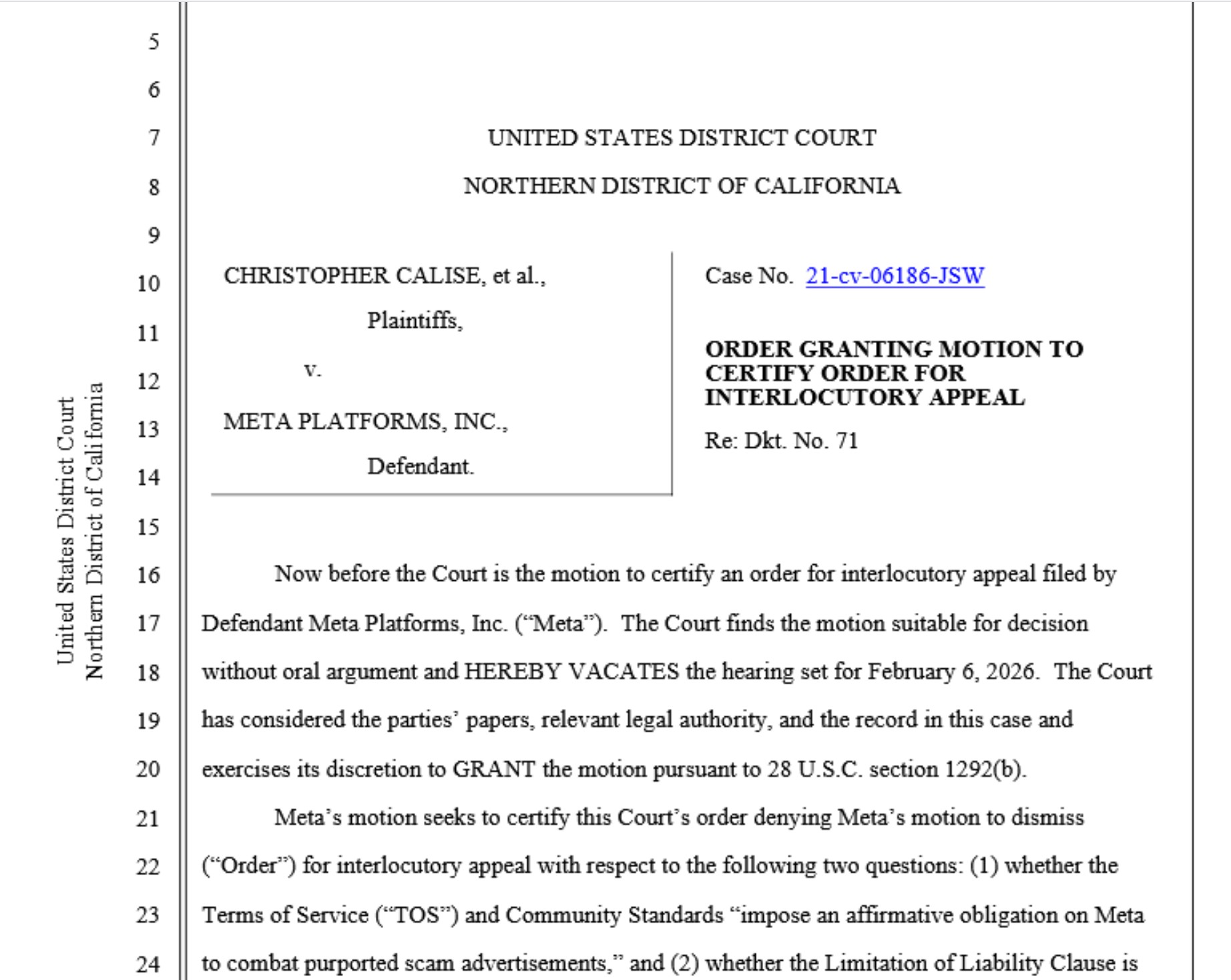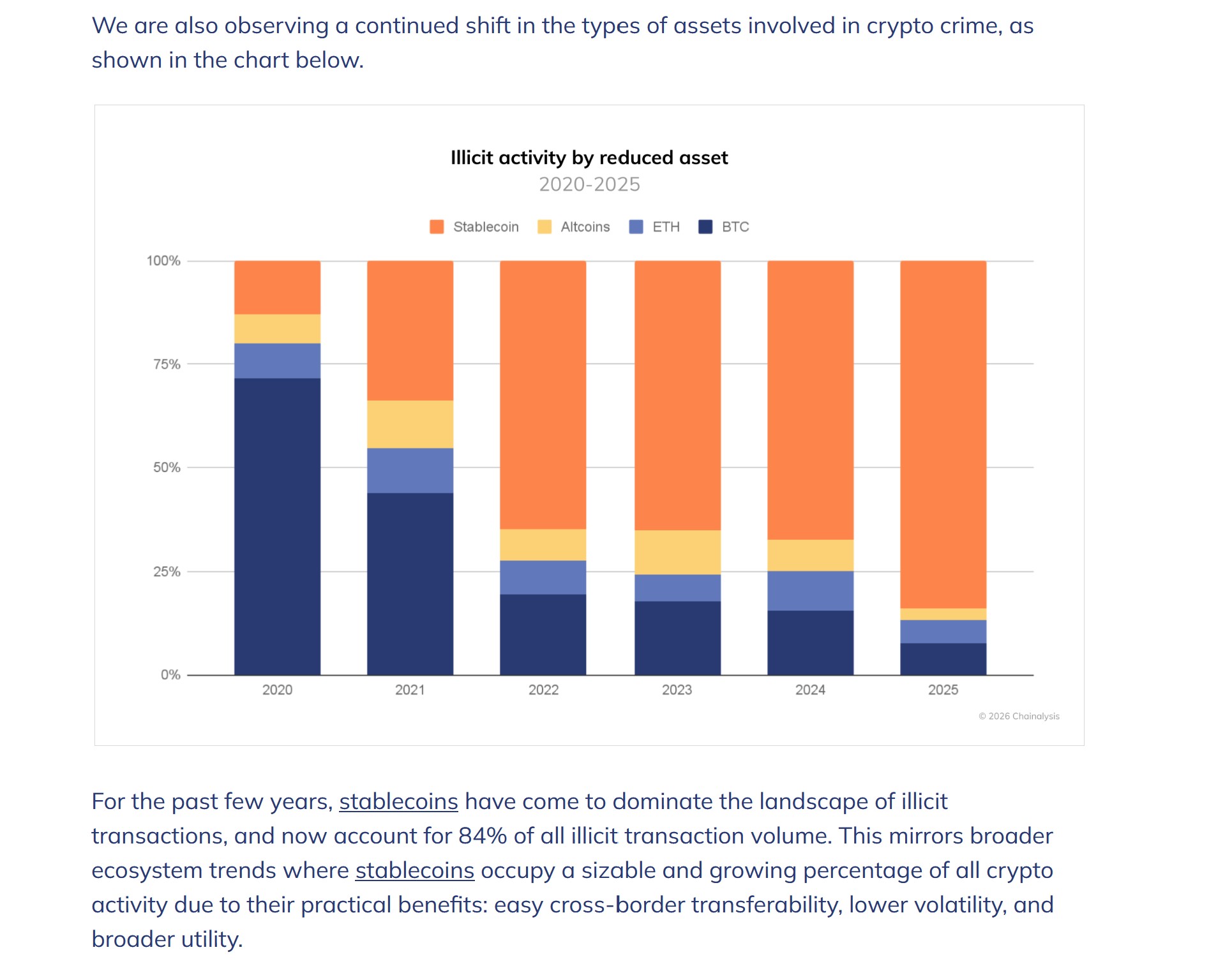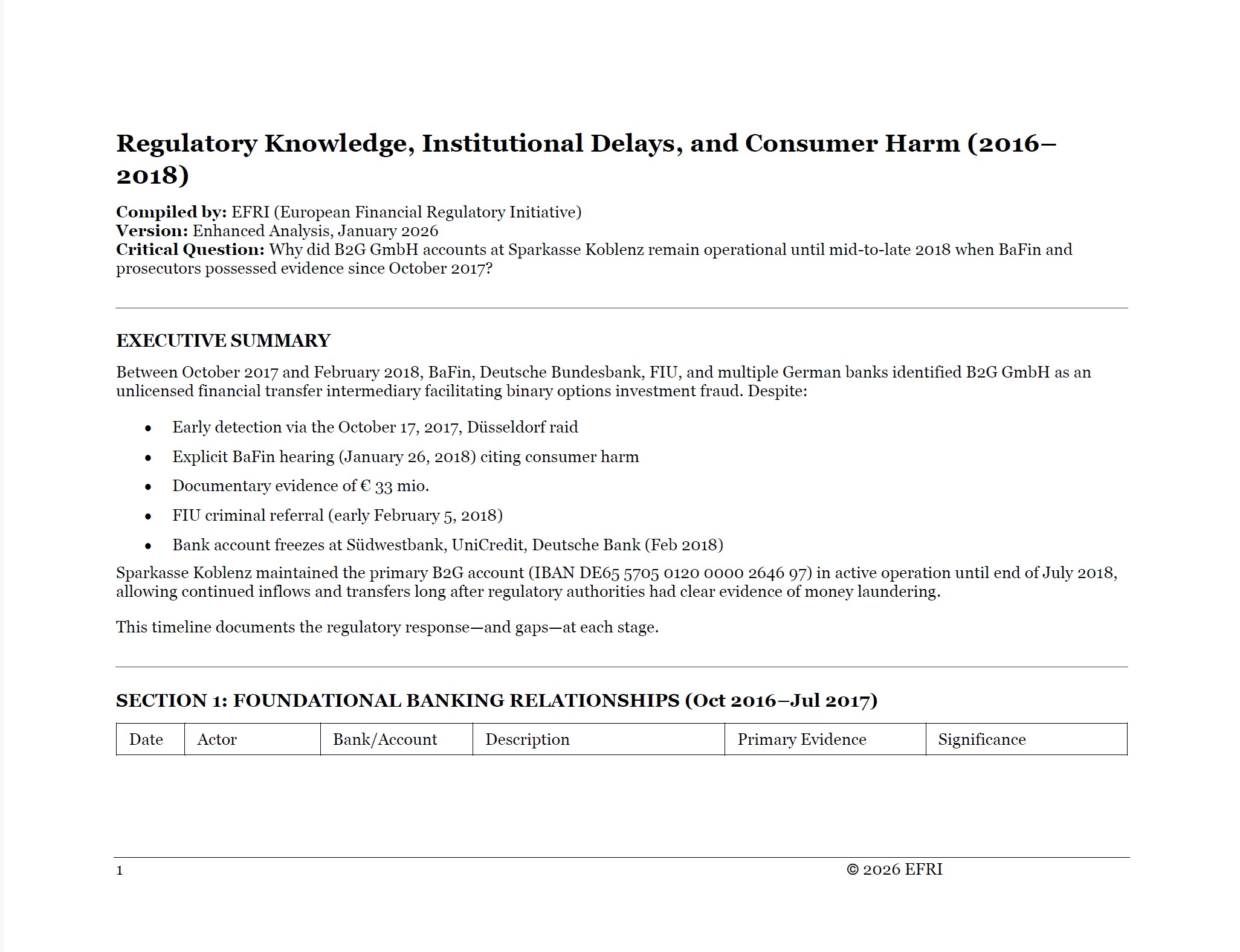The United Nations has finalised a draft for a new cybercrime convention, marking the first multilateral anti-crime treaty in over 20 years and the first UN Convention against cybercrime. This draft, expected to be adopted by the General Assembly later this year, aims to become the first global legally binding instrument on cybercrime. The convention has been developed over five years with input from UN Member States, civil society, academic institutions, and the private sector. The United Nations Office on Drugs and Crime (UNODC) serves as the secretariat for the negotiations.
The convention addresses the growing threats in cyberspace, such as terrorism, drug trafficking, and other criminal activities facilitated by technology. It aims to enhance international cooperation, law enforcement efforts, technical assistance, and capacity-building related to cybercrime.
The Ad Hoc Committee established by the UN General Assembly led the development of the convention, holding multiple sessions to negotiate the text. However, the negotiation process has been contentious, with disagreements over the treaty’s scope and concerns about striking a balance between security and human rights.
Several civil society organisations, like Access Now and the Electronic Frontier Foundation (EFF), have raised concerns that the treaty could potentially infringe on human rights and be used to suppress political dissent if not adequately safeguarded. According to Access Now, the current draft cybercrime convention has serious flaws that could legitimise harmful surveillance, undermine human rights, and hurt security researchers and whistleblowers around the world
Despite these well-known challenges, states desire to reach a consensus and finalise the treaty, although some parties have already expressed that the current text may not be fit for purpose.
Main area of focus
The critical provisions of the new United Nations cybercrime treaty, as outlined in the draft text, include several vital areas of focus:
Substantive Cybercrime Provisions: The treaty aims to establish clear definitions and categories of cybercrime, distinguishing between cyber-dependent crimes (those that can only be committed using information and communication technologies) and cyber-enabled crimes (traditional crimes that the use of ICTs has transformed)
International Cooperation: A key component of the treaty is enhancing international cooperation and coordination among states to combat cybercrime. This includes facilitating cross-border investigations and prosecutions, sharing information, and mutual legal assistance.
Access to Digital Evidence: The treaty includes provisions for law enforcement authorities to access potential digital evidence across borders. This is intended to aid in the investigation and prosecution of cybercrimes.
Human Rights and Procedural Safeguards: There is an emphasis on ensuring that measures to combat cybercrime do not infringe on human rights, including privacy and freedom of expression. However, this is the central area of discussion and concern, as there is definitely the potential for the treaty to be too broad, which could lead to abuses of power by states.
Technical Assistance and Capacity Building: The treaty seeks to provide technical assistance and build capacity in states, particularly developing countries, to counter cybercrime effectively. This involves addressing global resource disparities and developing the skills to tackle such crimes.
As cyber threats continue to evolve, the treaty certainly has the heavily needed potential to provide a mechanism for identifying and addressing new and emerging threats through an intergovernmental and multi-stakeholder process.
However, there is a significant risk of misuse regarding human rights and privacy, as some provisions could lead to intrusive surveillance and data access. Therefore, striking a balance between security measures and human rights safeguards will be crucial in implementing the treaty.


